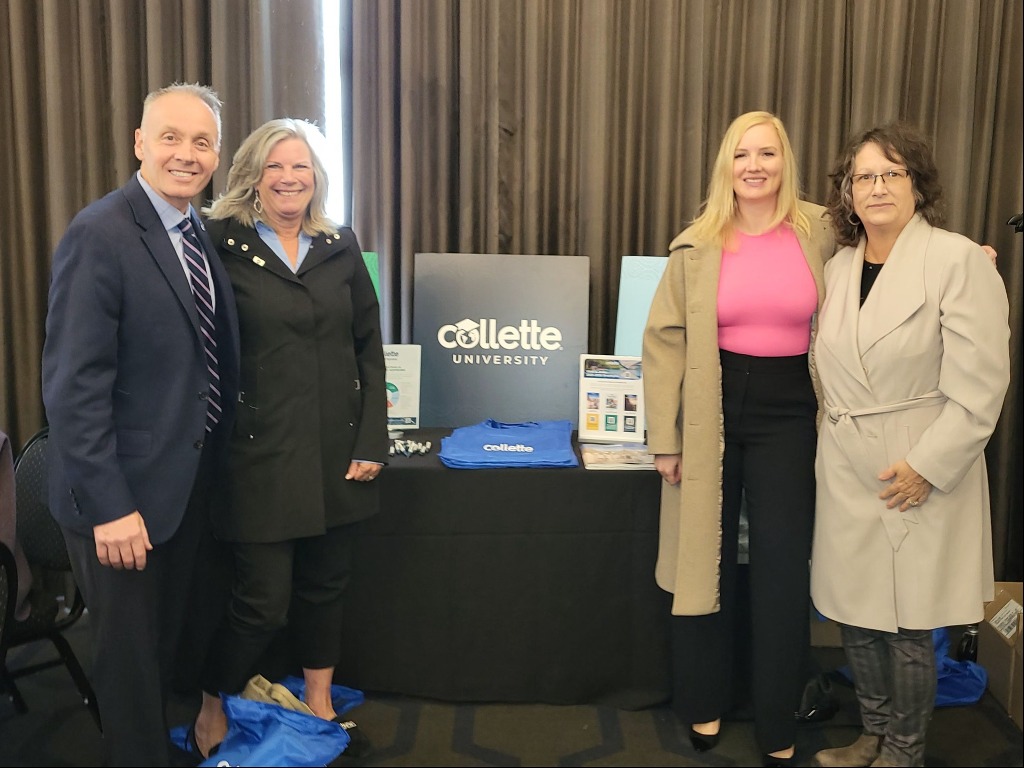Keeping An Eye On All The Changes

TraveLaw Online’s Doug Crozier and Tim Law of Heifetz, Crozier, Law respond to an advisor asking for a summary of some of the changes their clients may face when flying in the next few months.
Q: Do you have a short summary of what I can tell my passengers who will be flying in the next weeks or months, so that they know what COVID-19-inspired changes they’ll face?
A: The best answer is: Keep an eye on https://tc.canada.ca/en/initiatives/covid-19-measures-updates-guidance-issued-transport-canada/covid-19-guidance-material-air-operators-managing-air-travellers-flights-departing-aerodrome-canada.
As of this writing, it’s the most recent version of the federal government’s guidance in regard to air travel into, and within, Canada.
Dated Oct. 21, 2020, it’s the ninth iteration of Transport Canada’s Guidance Material, replacing a Sept. 15 version. As with all things COVID, change is unavoidable, and rapid.
In short, your customer will be:
a. Asked to confirm that s/he has been advised that the carrier may impose COVID-related measures, and s/he agrees to comply (absent which s/he cannot board).
b. Asked if s/he has a cough/fever/breathing problems, or been denied boarding within the past 14 days, or been subject to a mandatory quarantine order.
c. Subject to a fine of up to $5,000 if those questions are not answered truthfully.
d. Scrutinized for symptoms of fever/cough/breathing problems, and denied boarding if any are perceived, regardless the answers given to the questions.
e. Obliged to wear a mask when boarding, flying and disembarking (subject to some exceptions, e.g. when eating), and comply with instructions from a gate agent or cabin crew, failing which s/he can be denied boarding and/or subject to a fine of up to $5,000.
If flying into Canada, your customer’s temperature will be taken by the carrier unless in possession of a medical certificate attesting that the elevated temperature is due to something other than COVID.
If the first test shows an elevated temperature, s/he will be advised that a second test will be administered and if it, too, yields a similar reading, s/he’ll be denied boarding and banned from travel for 14 days (unless a certificate is produced).
On domestic flights, the screening is handled by CATSA, and there is a 10-minute hiatus between the two tests.
There are similar warnings and consequences as with incoming international flights.
If you have a question, you can contact Crozier or Law at [email protected] or connect with Bob Mowat at Canadian Travel Press/Baxter Media at [email protected].
Heifetz, Crozier, Law is a Toronto law firm that has for years represented all aspects of the Canadian travel industry.
The lawyers at HCL also maintain a non-travel practice, covering litigation, real estate, Wills, corporate/commercial matters, etc.
To contact HCL, e-mail [email protected].


